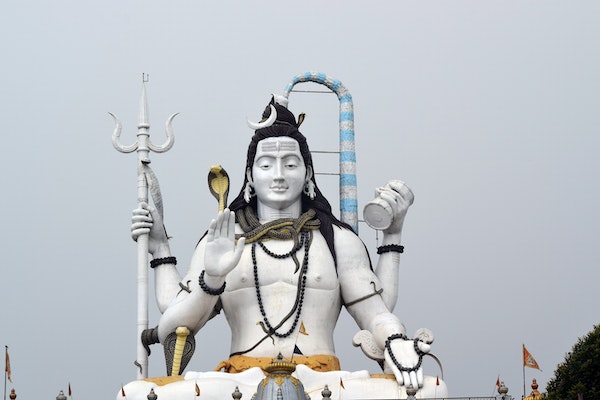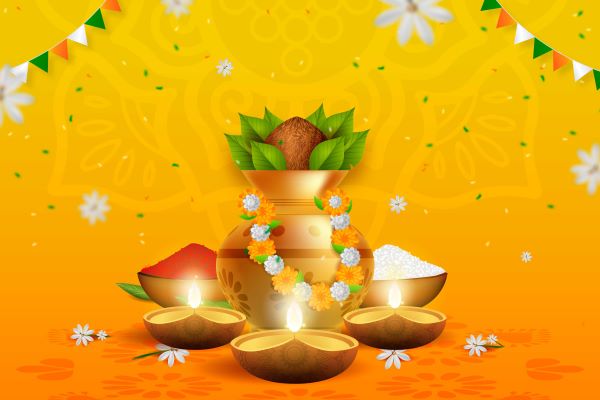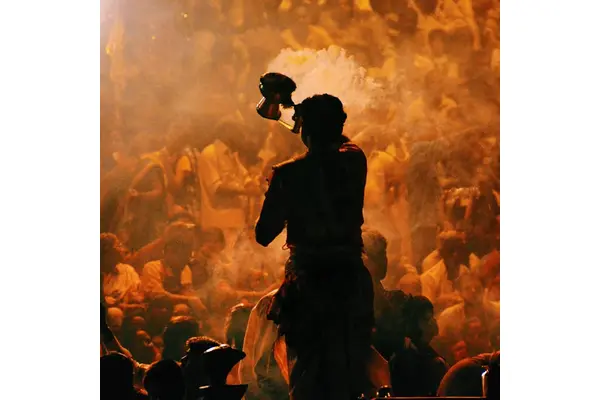
This Mahashivratri, Embrace The Darkness Within
In the Indian culture, at one time, there used to be 365 festivals in a year. Each festival was celebrated with great fervour and enthusiasm, with different rituals, customs, and traditions. However, among all these festivals, Mahashivratri stands out as one of the most significant. And widely celebrated events in the Hindu calendar.
The Lord’s Night
Mahashivratri, also known as the "Great Night of Shiva," is a Hindu festival. That is observed in honour of Lord Shiva, one of the most revered deities in Hindu mythology. It falls on the 14th day of the Hindu month of Phalguna, which usually falls in late February or early March. Of the twelve Shivratris that occur in a year, Mahashivratri, observed in February-March, holds the most spiritual importance. During this night, the northern hemisphere experiences a surge of energy that naturally propels individuals toward spiritual elevation.
Mahadev and Adi Guru: Many Names, One Form
The significance of Mahashivratri lies in its spiritual and cultural symbolism, which embodies the eternal principles of Hinduism. Lord Shiva, also known as Mahadev, is revered as the "destroyer" in Hindu mythology, who destroys ignorance and illusion, and represents the ultimate reality of the universe. Mahashivratri is a celebration of this cosmic power, and an opportunity for devotees to connect with their inner selves and seek spiritual enlightenment.
However, for ascetics, Mahashivratri marks the day Lord Shiva attained oneness with Mount Kailash, embodying its unwavering stillness. In the yogic tradition, Lord Shiva is not worshipped as a deity but revered as the Adi Guru, the first master who transmitted the science of Yoga to humanity. After eons of deep meditation, Lord Shiva attained a state of absolute stillness, where all movement ceased within him. This auspicious day of his stillness is celebrated as Mahashivratri, the night of perfect tranquillity, by ascetics.
The Spiritual Significance of Shivratri
Apart from the legends associated with it, the significance of Mahashivratri in yogic traditions lies in the immense potential it holds for a spiritual seeker. Modern science has progressed through various stages of evolution and has now reached a point where it seeks to prove that everything in existence. Including life, matter, and the cosmos, is nothing but one single energy that manifests itself in countless forms.
This scientific truth is an experiential reality for every yogi, i.e., someone who has realized the oneness of existence. It is important to note that the term "yoga" does not refer to any particular practice or system but rather denotes the longing to know the unbounded and the oneness of existence. The night of Mahashivratri presents an opportunity for an individual to experience this truth.
A Night to Celebrate the Darkness Within
Shivratri, being the darkest day of the lunar month, may seem like an odd occasion to celebrate. Common sense dictates that light is preferred over darkness. However, the very word "Shiva" carries the connotation of "that which is not." While creation and existence are represented by "that which is," Shiva is characterized by "that which is not." If one were to look around with a narrow focus, one would perceive numerous forms of creation. However, if one were to expand their vision and seek the grandest presence in existence, one would come across a vast emptiness, which is the essence of Shiva.
Usually, when individuals seek well-being, they tend to associate the divine with light. However, when they start looking beyond their current life with the intention of dissolving, and if the focus of their worship and spiritual practice revolves around dissolution, then the divine is referred to as darkness. Unlike light, darkness has no discernible source but is rather a self-sustaining force that pervades everything, omnipresent and ever-present. Therefore, when we speak of Shiva, we refer to the vast emptiness of existence in which all creation has taken place. This emptiness is the lap of Shiva, so to speak.
A Night of Awakening
Mahashivratri presents an unparalleled opportunity to experience the vast emptiness that lies within every human being and is the very source of all creation. Shiva is widely regarded as the destroyer, but he is equally renowned for his boundless compassion and his generosity. The yogic traditions are replete with stories of Shiva's compassion, which manifests in a variety of incredible and astonishing ways. As such, Mahashivratri is not only a night for spiritual seekers to give, but also to receive. Our sincere hope and wish for you is that you do not let this night pass without at least a moment of experiencing the boundlessness of the emptiness that is Shiva. Rather than just a night of wakefulness, let it be a night of awakening for you.
Also Read: The Different Avatars Of Shiva





